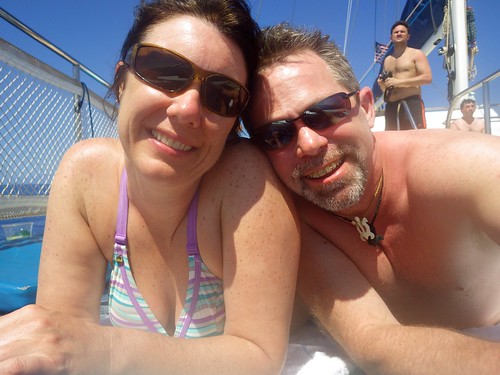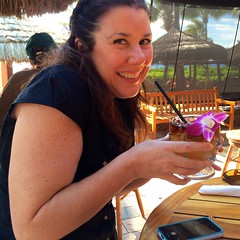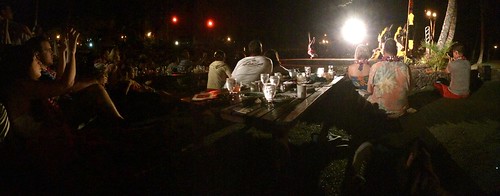During the past three months, I’ve written a lot about the relationship between action and fear.
To begin, I talked about the regrets of the dying. On their deathbeds, people generally regret the things they did not do rather than the things they did. They also regret having spent so much time seeking outside approval instead of focusing on their own feelings, values, and relationships. In short, at the end of their lives, people regret having been afraid.
Where does fear come from? Some fears are physical. Others are psychological. Some fears are rational. Many are not. Healthy, rational fears keep you alert and alive. Irrational fears and anxieties prevent you from enjoying everything life has to offer.
In part, our irrational fears are fueled by the mass media. We’re bombarded by news of the exceptional and the unusual, so that we come to believe life is more dangerous than it actually is.
A mighty weapon in the war against fear is the power of yes. By teaching yourself to accept opportunities in life, you can gradually overcome your irrational fears. You can teach yourself to become bold, to try new things, to meet new people, and to enjoy a more rewarding existence.
This is one of the secrets of lucky people. What we think of as “luck” has almost nothing to do with randomness and everything to do with attitude. Everyone chooses more or less what kind of events happen to them. You make your own luck.
It can help to imagine that life is a lottery. Any time you do something — especially something new — there’s a chance that your life will be vastly improved in the long run. When you say yes, you’re given a lottery ticket. Often that ticket won’t pay off. But sometimes you’ll win the jackpot.
But saying yes isn’t enough by itself. To cure fear, you must take action. Action cures fear. Action primes the pump. When we’re prepared, we feel competent. When we feel competent, we feel confident. When we’re confident, our fears fade into the background.
More than that, action is character. If you always do your best and you do what’s right, then you needn’t fear the results. Sure, bad things will happen sometimes. But if you’ve done well and done what’s right, the negative outcome isn’t your fault — it’s just how things are. If you’re unprepared, however, you must own the negative consequences.
You are defined by the things you do — not by the things you think or say. The bottom line is that you are what you repeatedly do. If you don’t like who you are, you must choose to be somebody new.
What have action and fear to do with personal and financial independence? Everything.
The first step toward freedom of any sort is facing and fighting your fears. “You gain strength, courage, and confidence by every experience in which you really stop to look fear in the face,” Eleanor Roosevelt once said. “You must do the thing you think you cannot do.”
From these humble beginnings, you can progress to greater things.
Next, we’ll explore personal well-being. For the next few months, we’ll talk about what happiness is, how it’s achieved, and what you can do to maximize happiness in your life. Happiness, too, is an important part of achieving personal and financial freedom.




















 Every morning when I get out of bed, I pour a cup of coffee and sit down at my computer. While I wait to wake up, I browse my favorite websites. This morning, as I was browsing
Every morning when I get out of bed, I pour a cup of coffee and sit down at my computer. While I wait to wake up, I browse my favorite websites. This morning, as I was browsing 

